
Following reports of a new elevator policy, Principal Brian Condon shared its details to The Classic after many individuals within the school community expressed uncertainty over what it involved. Mr. Condon stated that the elevator policy will restrict elevator access to those with keys until 3:15 pm; after that, elevators will become accessible to students without needing a key for use during extracurriculars and after school activities.
According to Mr. Condon, issues regarding the elevators have been a recurring topic of discussion. “Based on the concerns of the custodians [about] wear and tear, and based on the concerns of other adults in the building about students being on the elevator when they shouldn’t, and in relation to our [current] policy, … it made sense to me to say we can eliminate some of these problems by keying the elevators shut,” he said.
Despite plans to begin the policy last Monday, it has yet to go into effect. Mr. Condon stated that the administration has put in requests for elevator repairs and additional keys, both of which need to be fulfilled before the new policy begins.
Previously, sources shared with The Classic that the plan prior to Monday was to restrict the elevator access to students during and after school, but Mr. Condon said that the elevators will be unlocked for student use after 3:15 pm each day, and said that it was never his plan to close the elevators after school.
Although Mr. Condon has clarified these aspects of the policy to The Classic, he has yet to officially communicate the changes to the school community, a decision that some see as problematic.
“There’s no memo, from the Principal or from [Assistant Principal of Organization] Ms. Fee, explaining exactly when this is going into effect, [or] when the restrictions are in place in terms of the start times [and] the end times,” said UFT Chapter Leader Franco Scardino. “I believe there would have been a much more orderly way to roll this out had they simply included some more people, [thought] about the steps, and maybe [had] time to revisit and see ‘are these steps working in [terms of] what needs to be fixed?’”
“I’d like to see it in writing,” said English teacher Judy Biener. “There is some confusion.” She had expected the policy to go into effect last week but said she had to rely on word of mouth from colleagues to determine the status of the new policy. “I was talking to my colleagues a few days after we were all given these keys and I said, ‘Should I be testing the keys?’ and they said, ‘No, not yet, [the elevators are] not working.’ So yes, I’m a little confused and I think it certainly could be clearer.”
Mr. Condon does not think it is necessary to release a written policy to address the change. “I don’t know that we have to [release a written policy] because… if anything, you actually have more time that you can ride the elevator,” Mr. Condon explained. “Taking into consideration teachers are done at 3:05, giving them access to the elevator for ten minutes without kids jumping on there, [and] after that it’s keyed open, I think that’s actually 45 minutes more time for students to be using the elevator.”
Mr. Scardino, however, feels a lack of clarity from the principal’s office is part of a trend. “ [This] is consistent with other policy that have been rolled out with less than clear instructions such as the dress code…. So people are just sort of learning to adapt to the ambiguity. And I think we’re doing a pretty good job of adapting, students and staff.”
One area of the policy does still remain ambiguous.
A major concern for community members has been how the policy will impact injured students and those who require long term accomodations. Speaking with Mr. Condon, it is clear that a final procedure has yet to be determined. “We have five students that should have permanent access to the elevator and four students right now that have temporary access,” said Mr. Condon. “We’re working on a plan for the students that have permanent access, and it may involve the students picking up a key at the beginning of the day and then returning the key at the end of the day. And for the temporary ones… in the past, students had to present their pass to get into an elevator anyway, so we would just ask that they present a pass when they want to get in the elevator. During passing of classes there’s always adults in the building and the adult will have a key.”
Last week, Mr. Scardino said he felt strongly that students needing permanent access to the elevators should receive a temporary key and told us that he raised the issue to the administration. Our reporting indicated that initial plans called for students with any kind of need to seek an adult for access. With Mr. Condon still deciding how to handle the situation, one alumna felt strongly about asking students to rely on locating adults for elevator access.
“As a disabled alum, I can’t see this policy working for anyone,” said alumna Chelsey Pellot, class of 2011. “I relied on the elevators during my four years at Townsend and I can’t imagine having to rely on faculty to make my way around school. I understand that this is a current issue that needs a solution, but this new policy is majorly inconvenient and borderline discriminatory toward disabled students.”
As the details are finalized for how to accommodate the students, she recommended including them in the conversation.
“I think it’s important that when discussing a way to rectify the current elevator issue, disabled students aren’t an afterthought. I’m certain that these students are affected by the misuse of the elevators just as much as the faculty. The best way to take steps to ensure they’re accommodated as well is to include them in the conversation. Ask about what their difficulties have been, ask about their thoughts on the new policy, ask if they have any input on how elevator use can be regulated without making it more difficult for them. I don’t know that I have a practical answer for how the new elevator policy can be improved. However, I know that forcing disabled students to rely on faculty to go from class to class, to go to lunch, to get to their lockers, and to even leave the building at the end of the day, is not the solution.”
Mr. Scardino felt such instructions should be shared more clearly with teachers. “We don’t have any instructions that I’m aware of. I’d think that as the chapter leader, the Principal would have shared the rules with the chapter leader, especially since we had a chapter meeting last Friday that’s been on the school calendar for months.”
Other teachers we spoke to shared Mr. Scardino’s sentiments, with one teacher saying the policy change had come with misinformation, different messages, and a lack of communication.
Another teacher agreed that there was confusion in how the policy had been communicated, but did not know the source of the confusion, as it had been relayed through the assistant principals. The teacher said, “It’s impossible to say if the [confusion] is coming from Mr. Condon or from the APs.”
Photo by Matthew Neil, Photography Editor

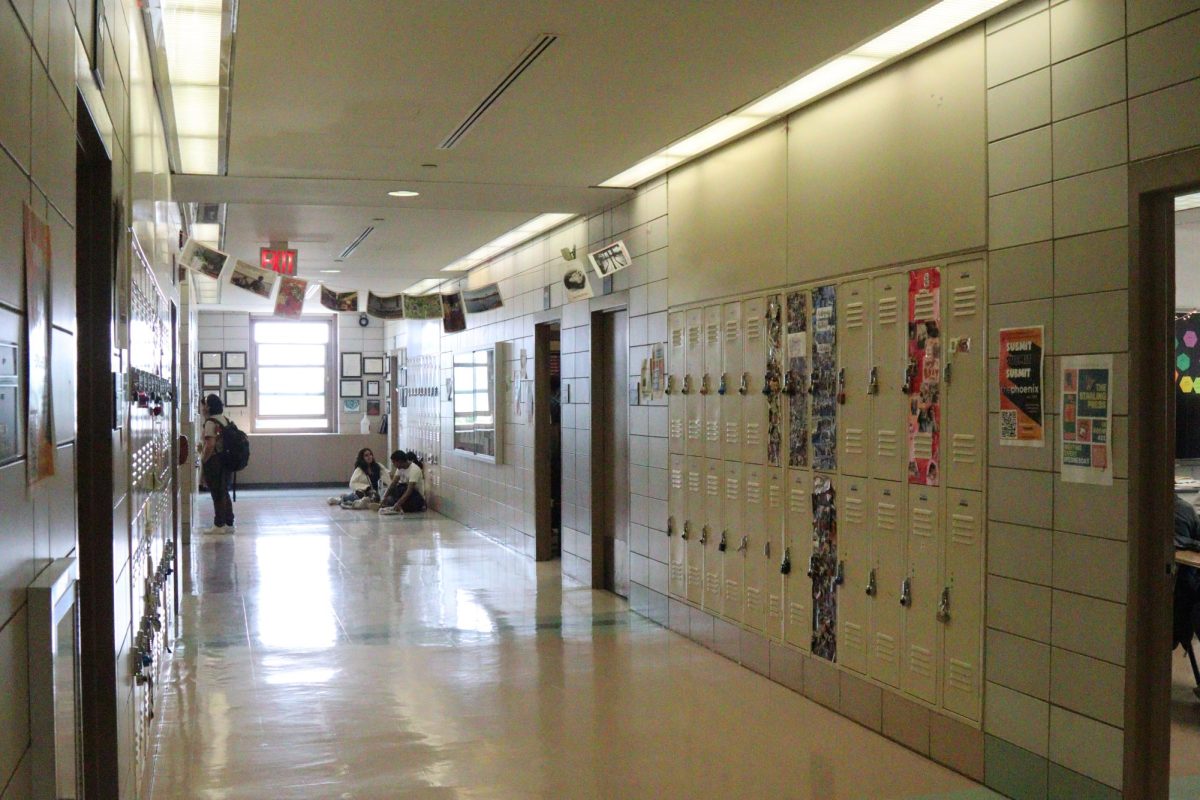
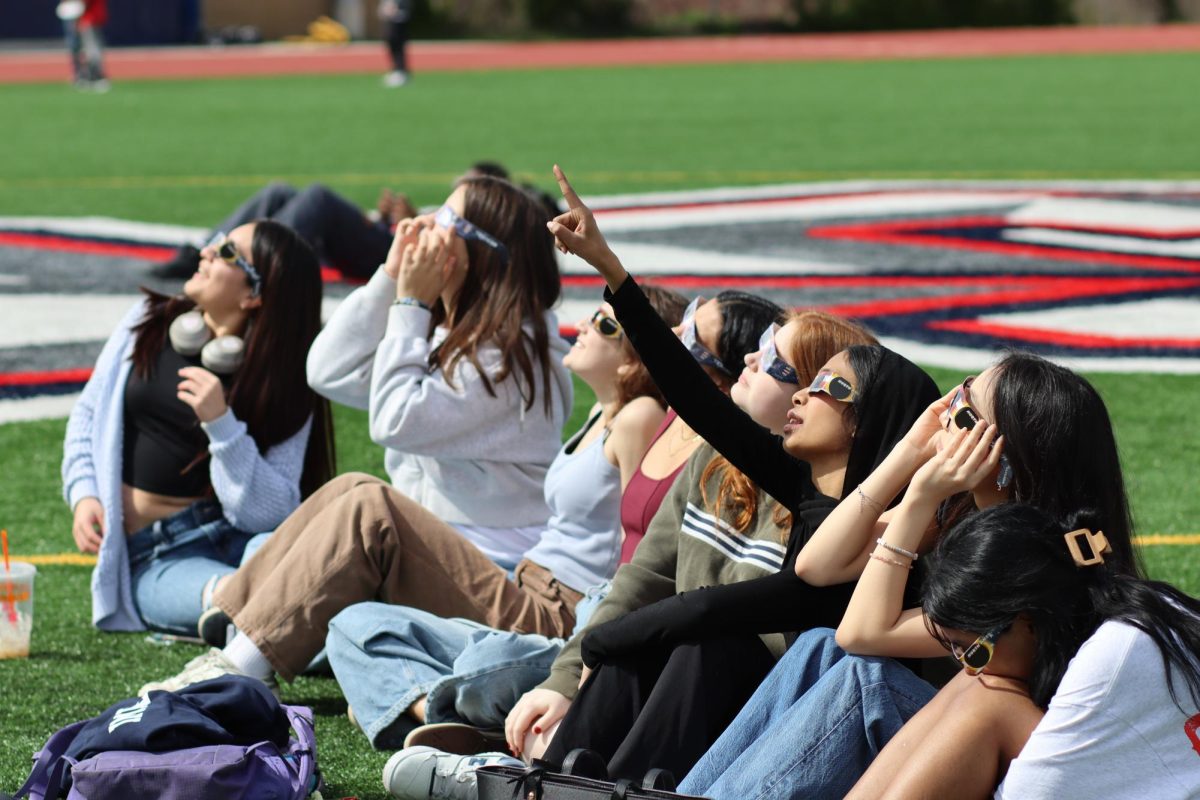

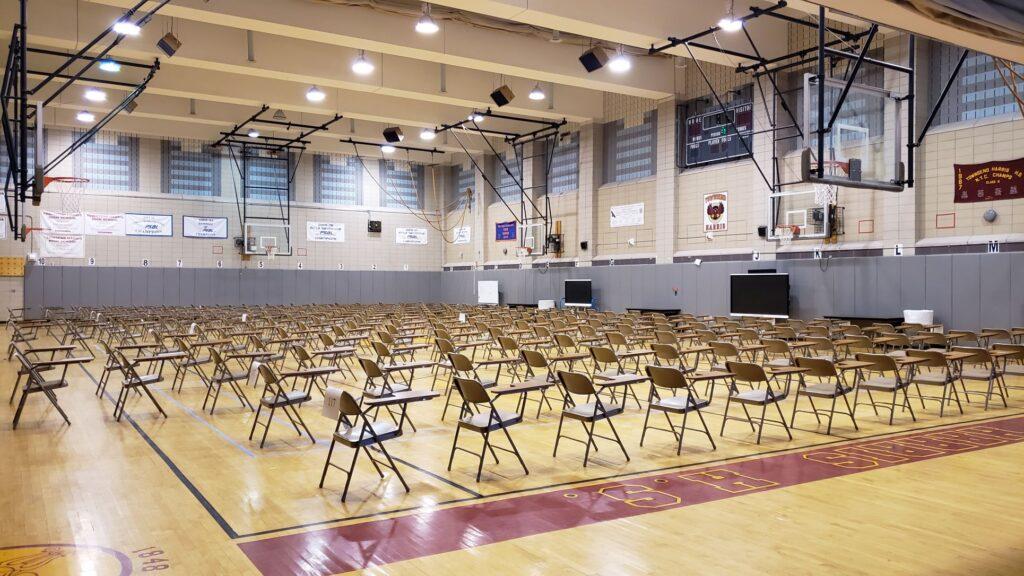
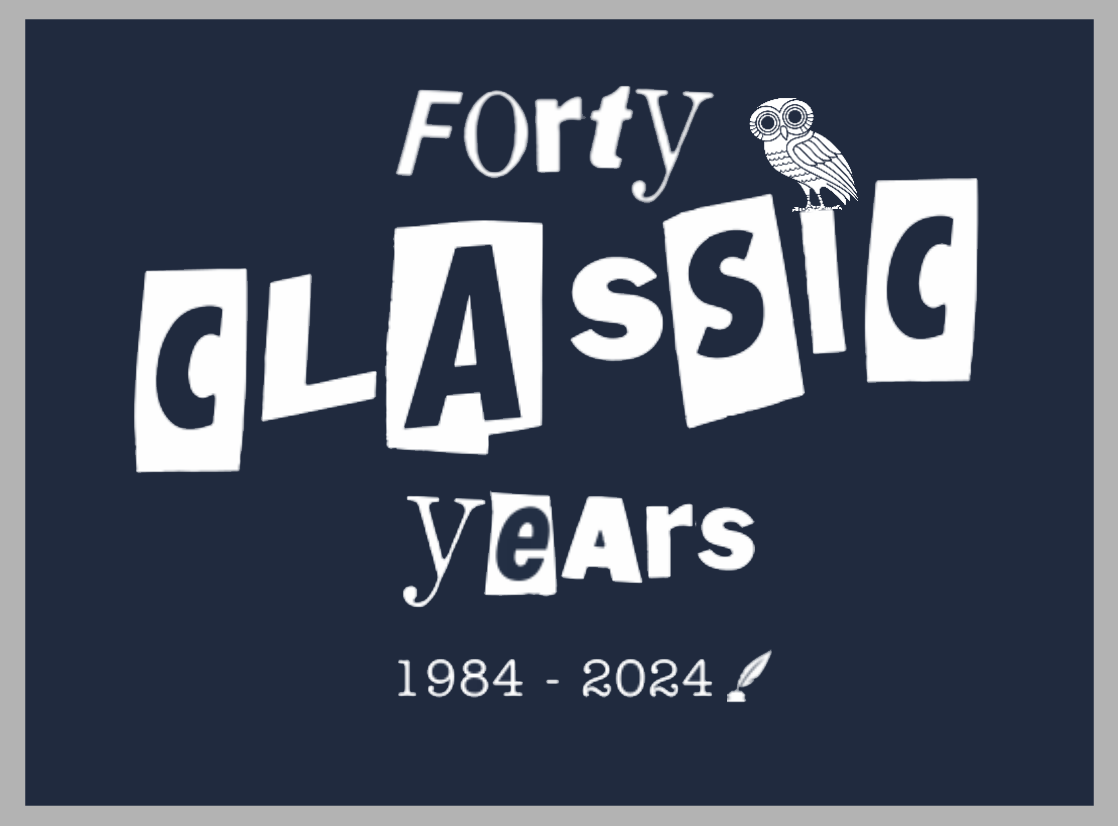


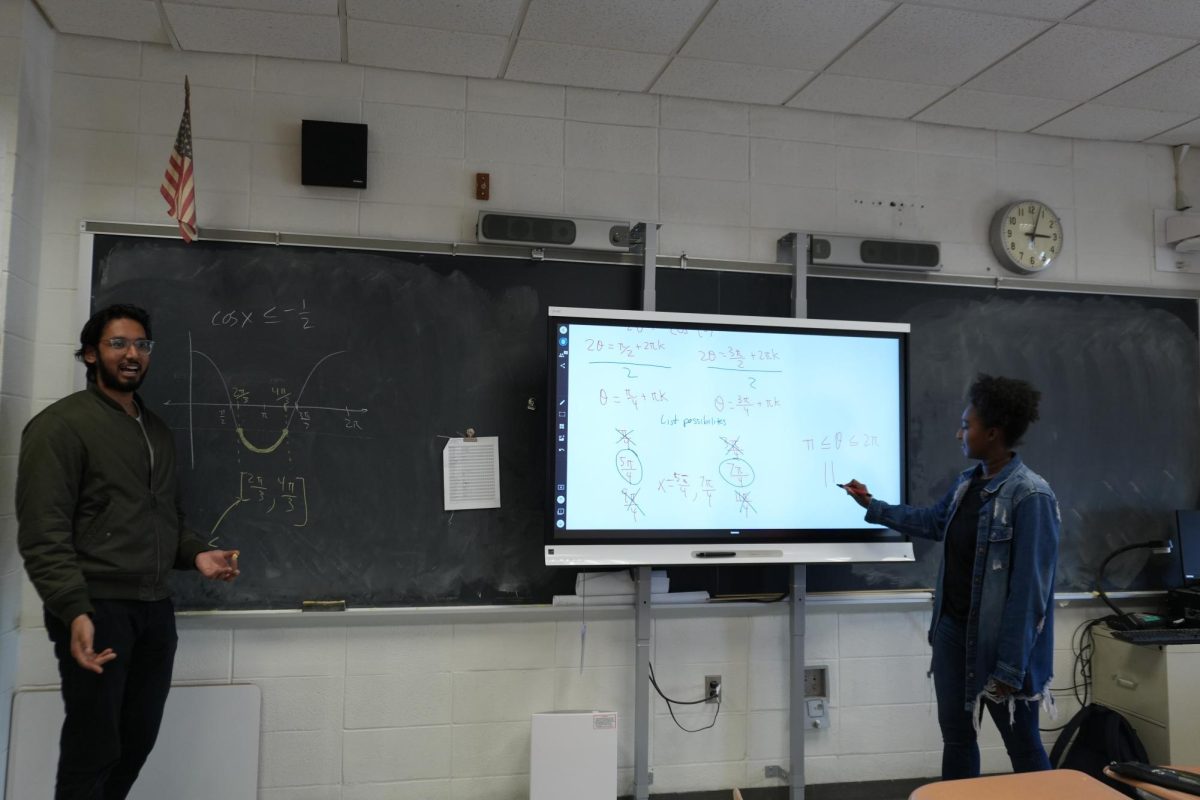
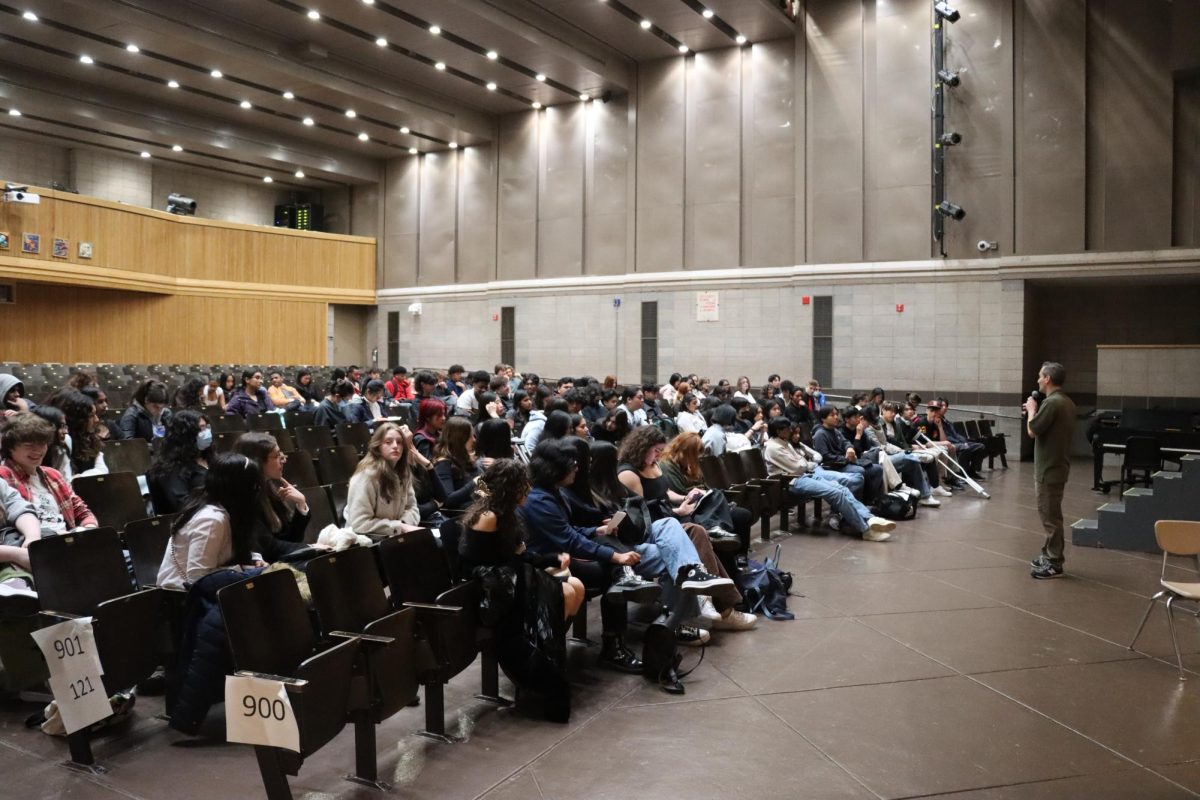



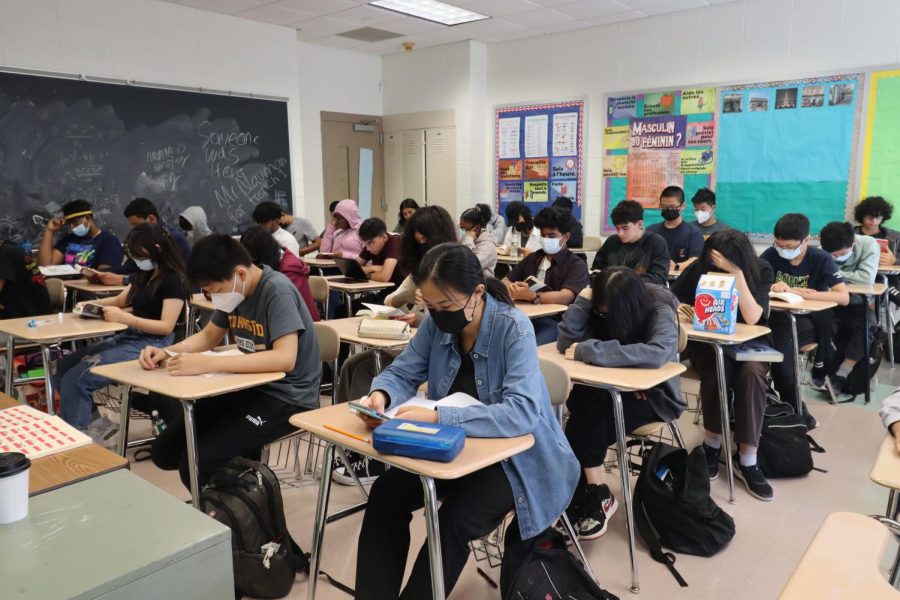







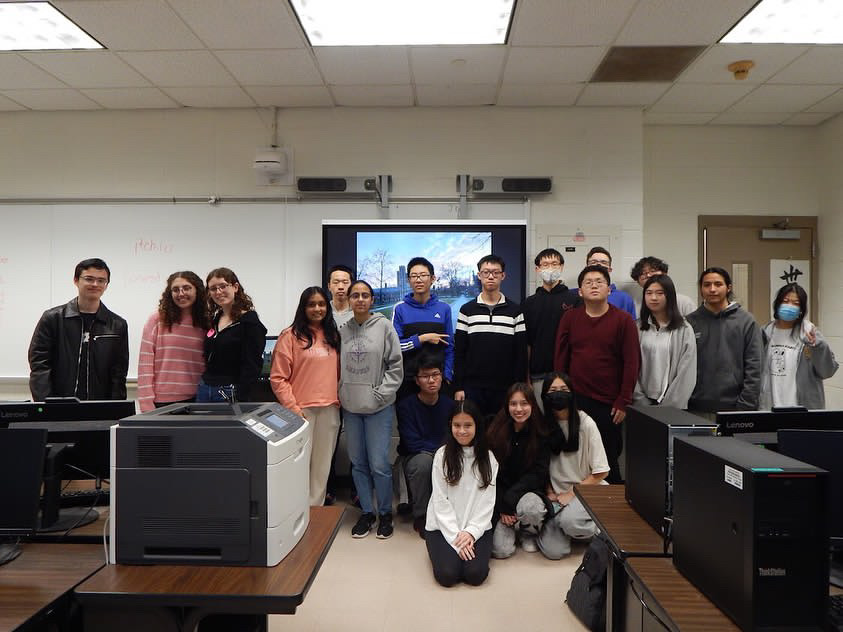
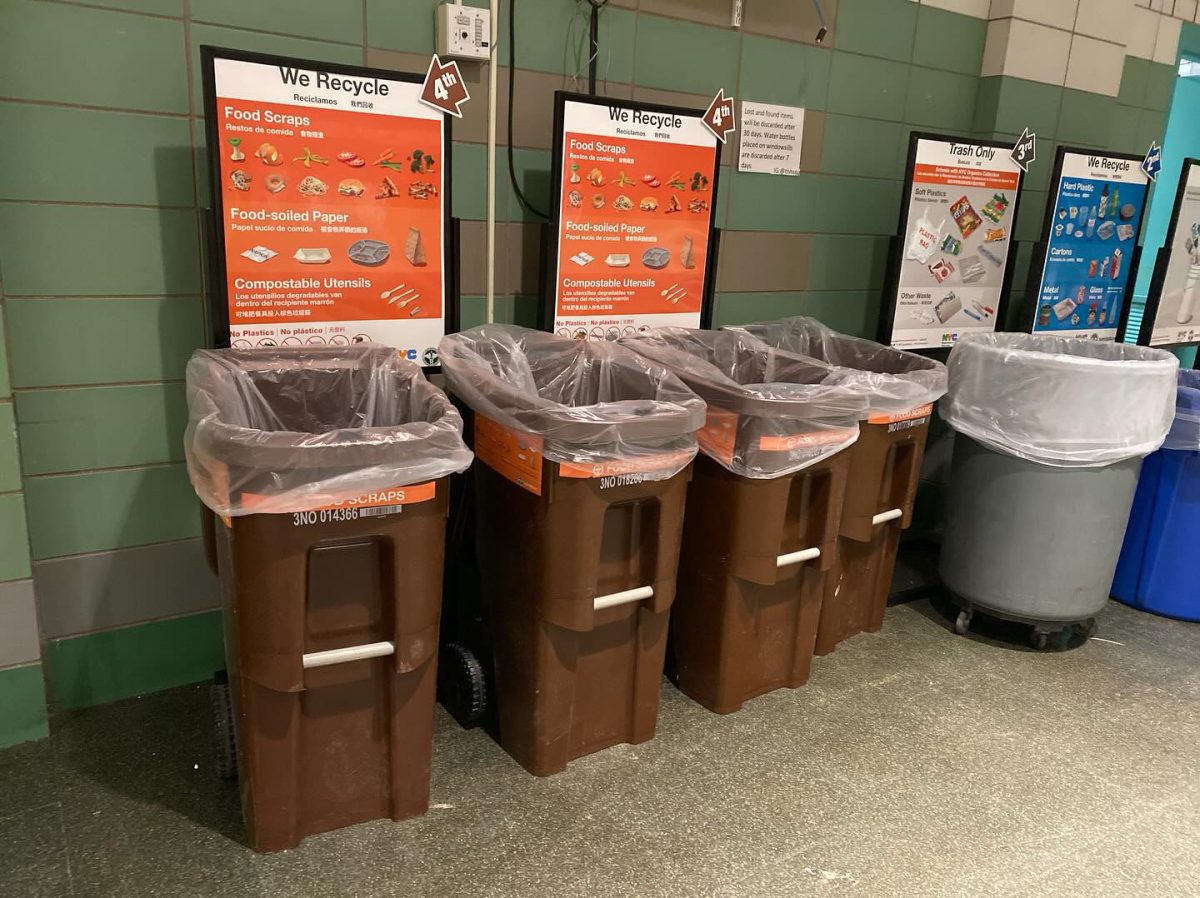

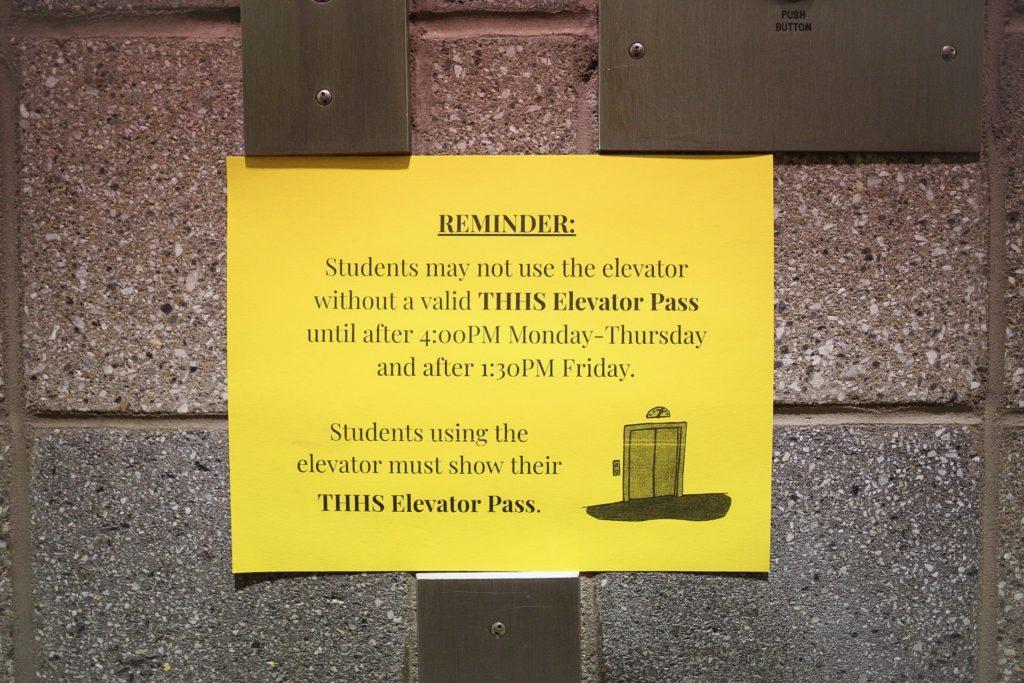


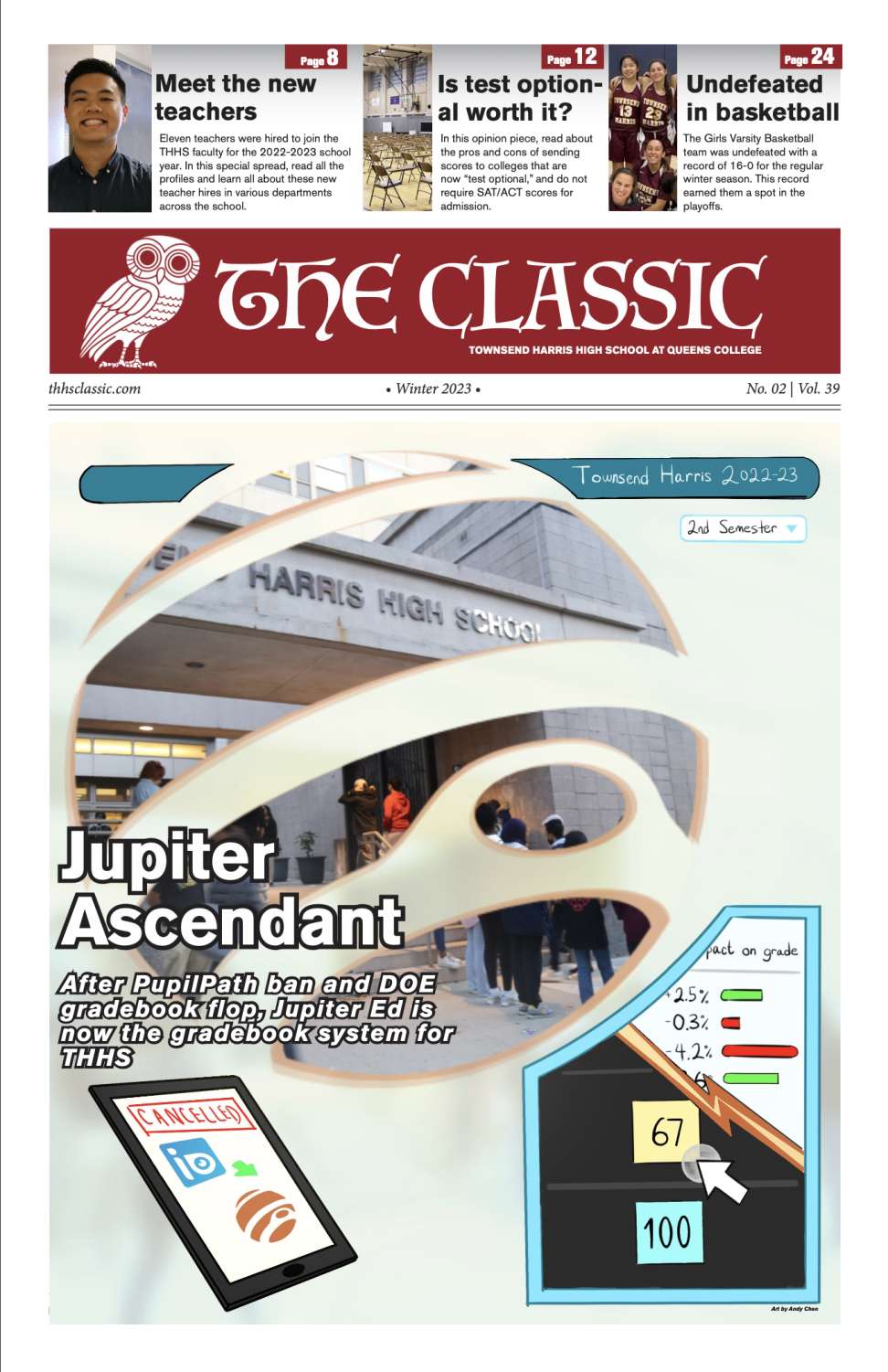
Rachel Chabin • Mar 17, 2019 at 8:59 pm
I agree with the comment left by almuna Chelsey Pellot: limiting elevator access can become a major obstacle for students who need either short-term or long-term accommodation, and can serve to isolate those who need it. I relied on elevator access for four years, and had no issue presenting my elevator pass upon request. Seeking out a staff member any time I needed would have been an undue burden, both for myself and for the staff member who must take the time to help the student. It forces those with medical conditions to single themselves out even more than they already do. It also presents a practical problem for students who need elevator access during class time, when a staff member might not be readily available. The most important time for me to have an elevator pass was when dealing with a medical emergency, because it helped me get to the nurse’s office more quickly and easily. In situations like that there is no time to wait for a staff member or for passing time. I understand that the elevators are misused by students without authorization, but this form of restricting access can be both isolating and dangerous to the students who most require it.